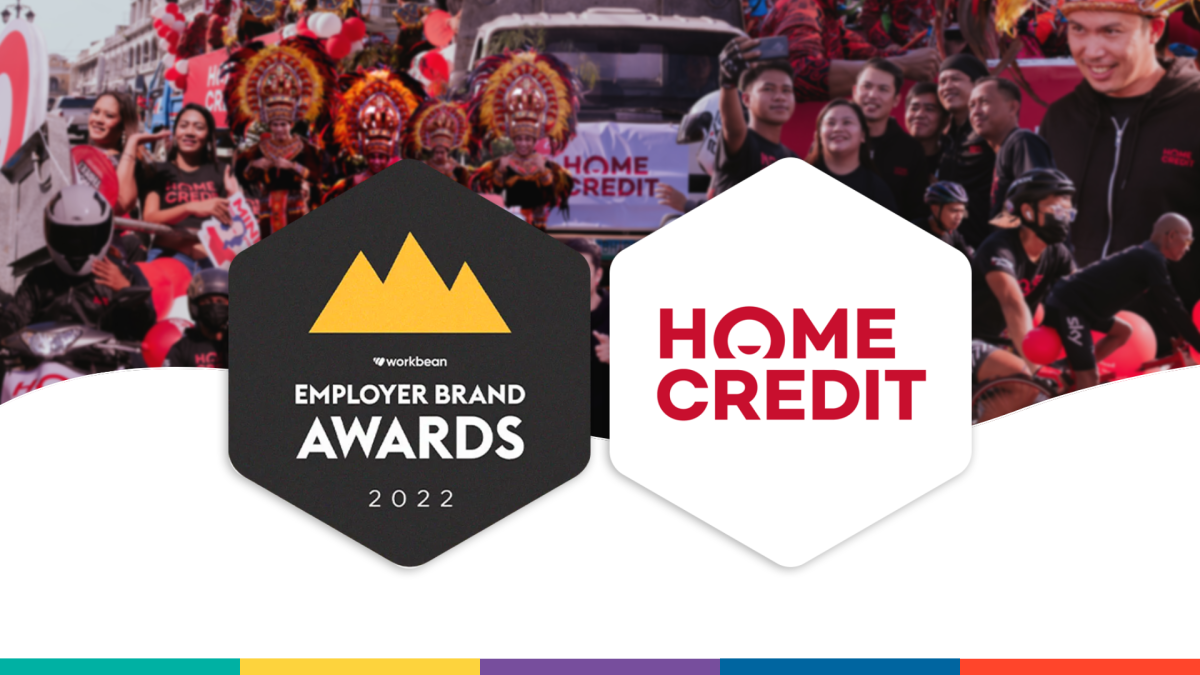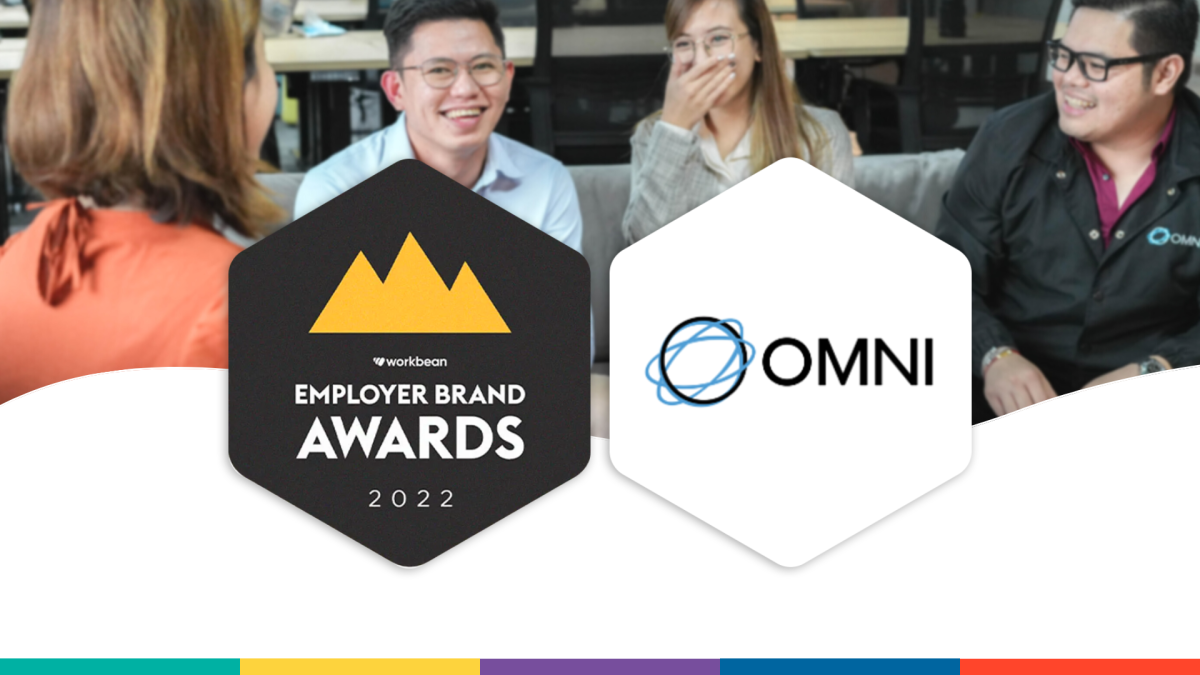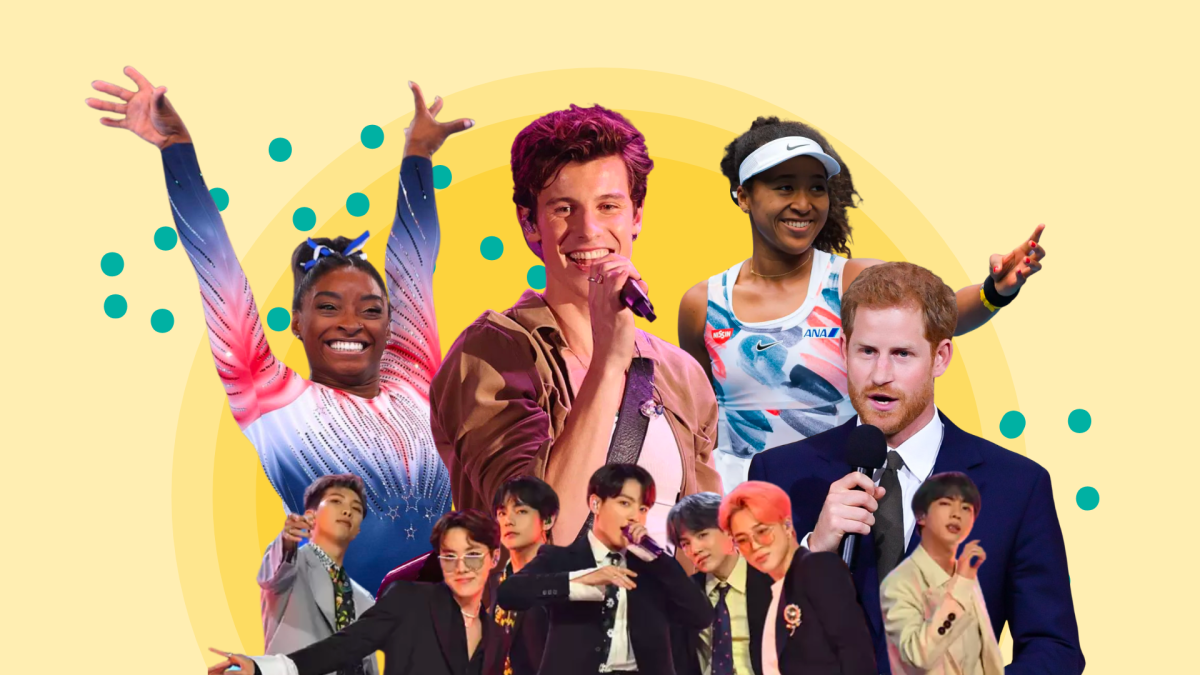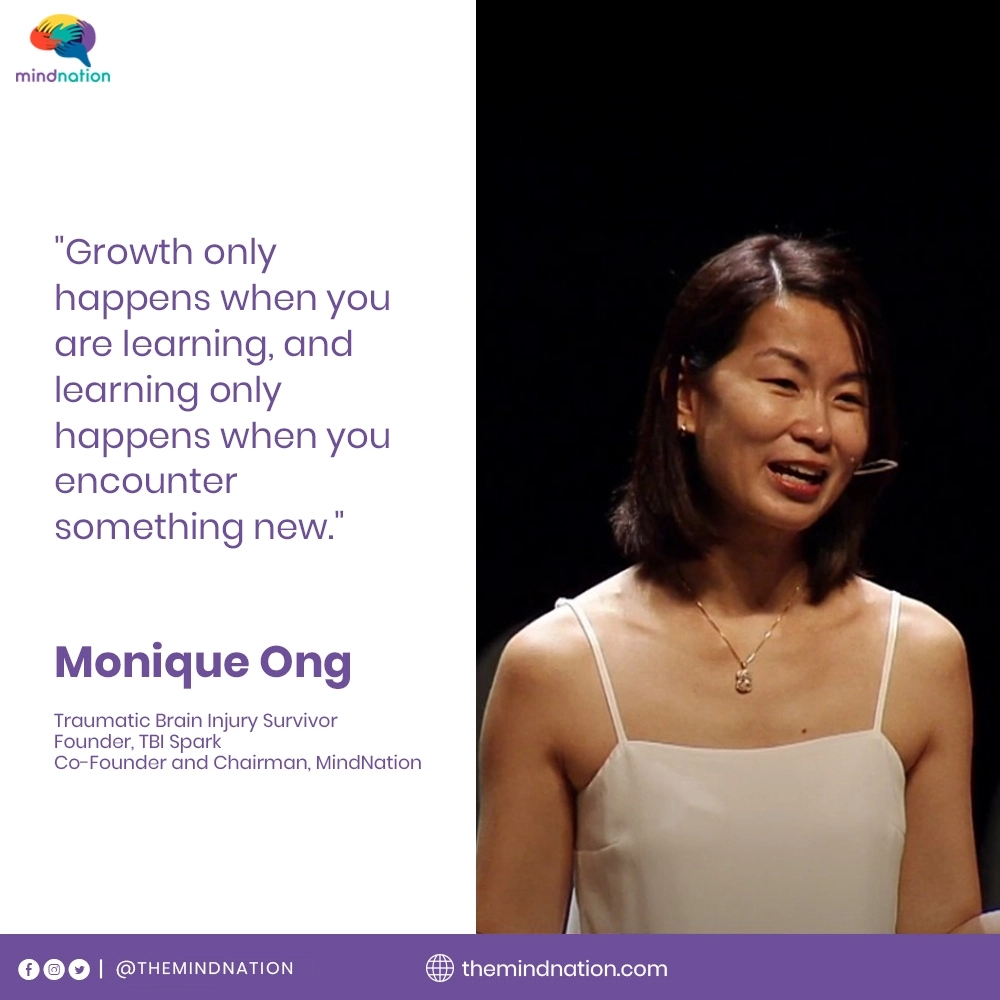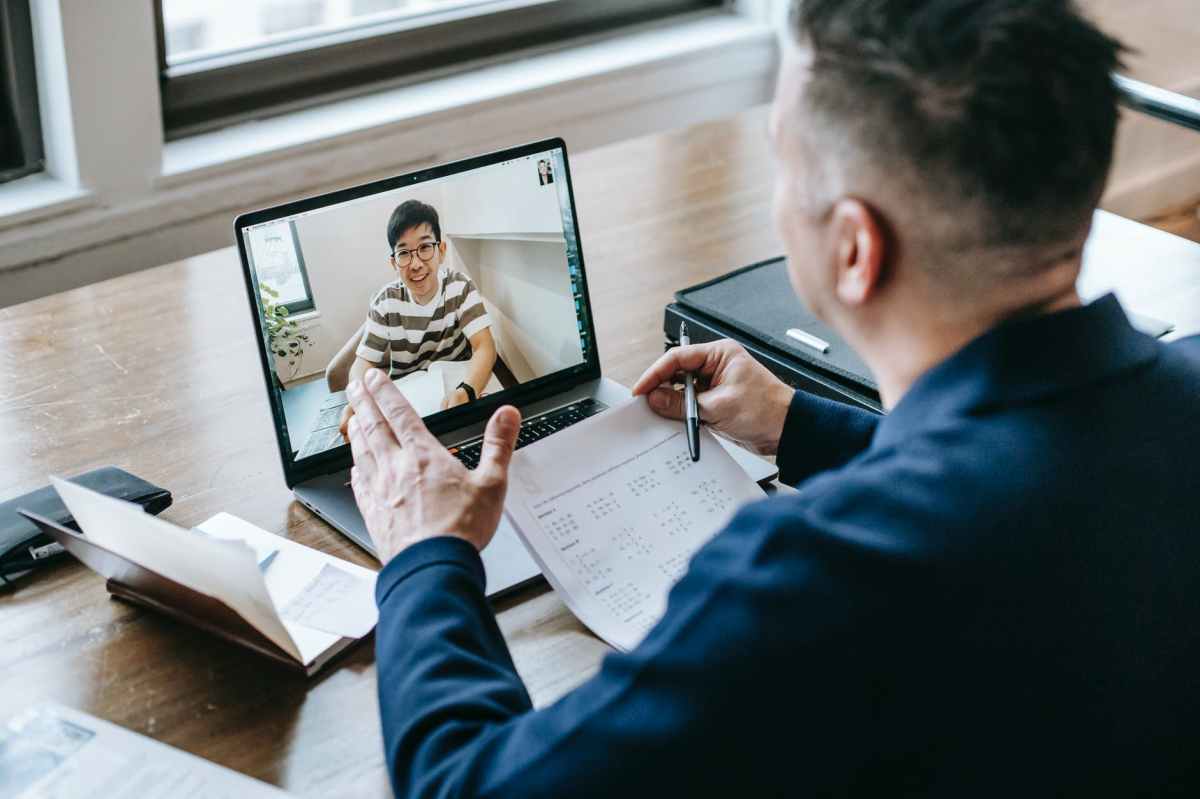MindNation is running a series of articles about how the finalists for the Workbean Employer Brand Awards are building exemplary work cultures and making health and wellbeing a true organizational priority.
Winners will be announced on March 2, 2023.
MindNation is the official judging partner for the Workplace Health Advocate Award.
Home Credit is the Philippines’ leading consumer finance company. They provide world-class financial inclusion, lending, and other similar services to customers, often first-time borrowers.
MindNation: In what ways is the company’s leadership team prioritizing mental health, and how is it incorporated into the overall business strategy?
Home Credit: At Home Credit, we understand that an essential part of our employees’ success and productivity is their mental health and overall well-being. We actively work to create a work environment where everyone feels safe and supported.
Aside from providing all our employees with enhanced mental health care benefits through our HMO, we also empower them with proactive approaches to caring for their well-being. We’ve combined our Sick Leaves and Vacation Leaves and transformed them into Wellness Leaves, so they have more flexibility to take care of the things that matter to them. On top of that, we acknowledge that celebrating birthdays with family and loved ones is important, so we have added a Personal Holiday that our employees use during their birthdays. In addition, we have monthly engagement activities to give employees a break from their daily activities. Finally, we’ve brought back our hobby clubs where employees can socialize with other employees with similar interests and advocacies.
Over the years, we have been actively working to make employee health and well-being not only an essential part of our business strategy but embedded into our everyday employee experience.
MindNation: How does Home Credit promote a culture of open communication and support for employees experiencing mental health issues?
Home Credit: One of our Home Credit Leadership Qualities is People Centricity which in part reads, “Create an inclusive environment where everyone is respected, can be themselves and strive to be their best”, and this is something that we really take to heart. We have a lot of open lines of communication available all the time to our employees. Managers are encouraged and trained to regularly have 1:1 conversations with each team member to support them not only on their work tasks but also on employee wellbeing. Employees are encouraged to maximize their wellness leaves, and if needed, utilize the mental health support through our HMO.
Over the years, we have been actively working to make employee health and well-being not only an essential part of our business strategy but embedded into our everyday employee experience.
MindNation is committed to supporting companies in creating a workplace culture that prioritizes the mental and emotional well-being of their employees. With the help of our team of experienced mental health professionals, we can guide you in building a culture of empathy, inclusivity, and mutual support that can help you create a workplace culture that is not only healthy but also fulfilling and meaningful. For more information, email us at [email protected].

